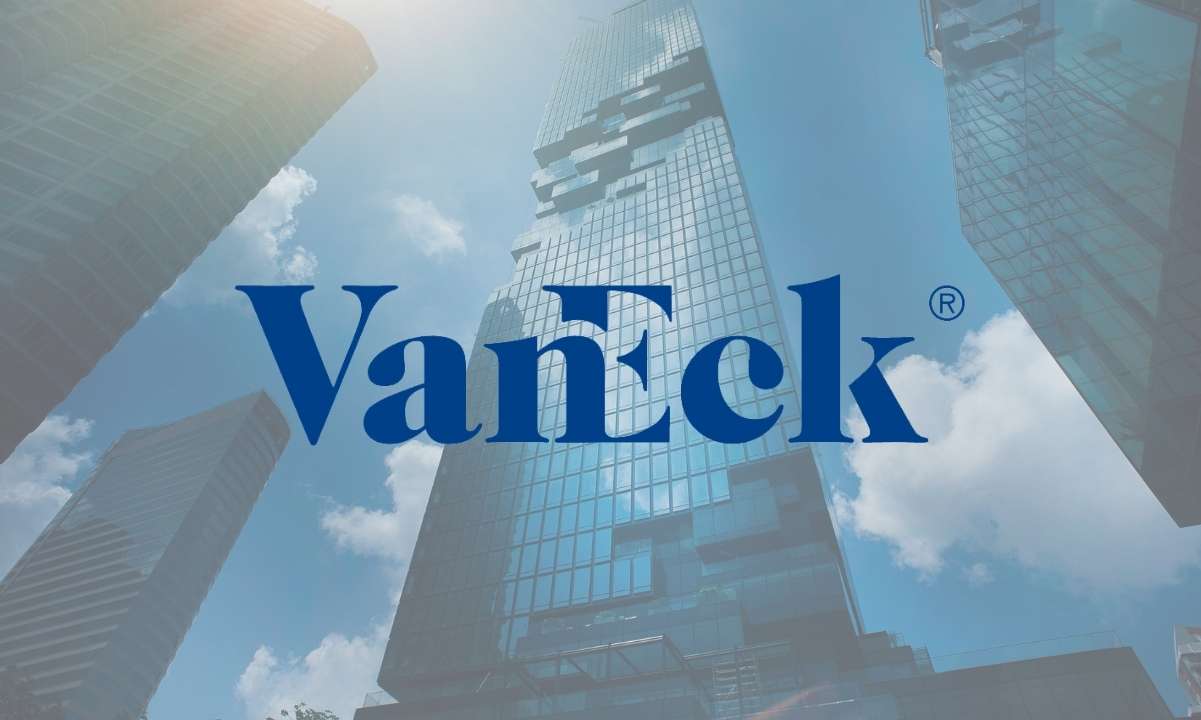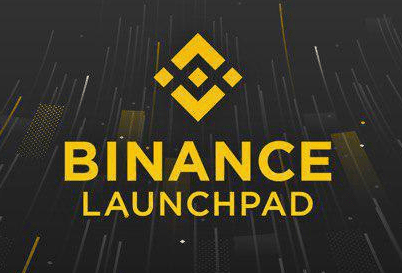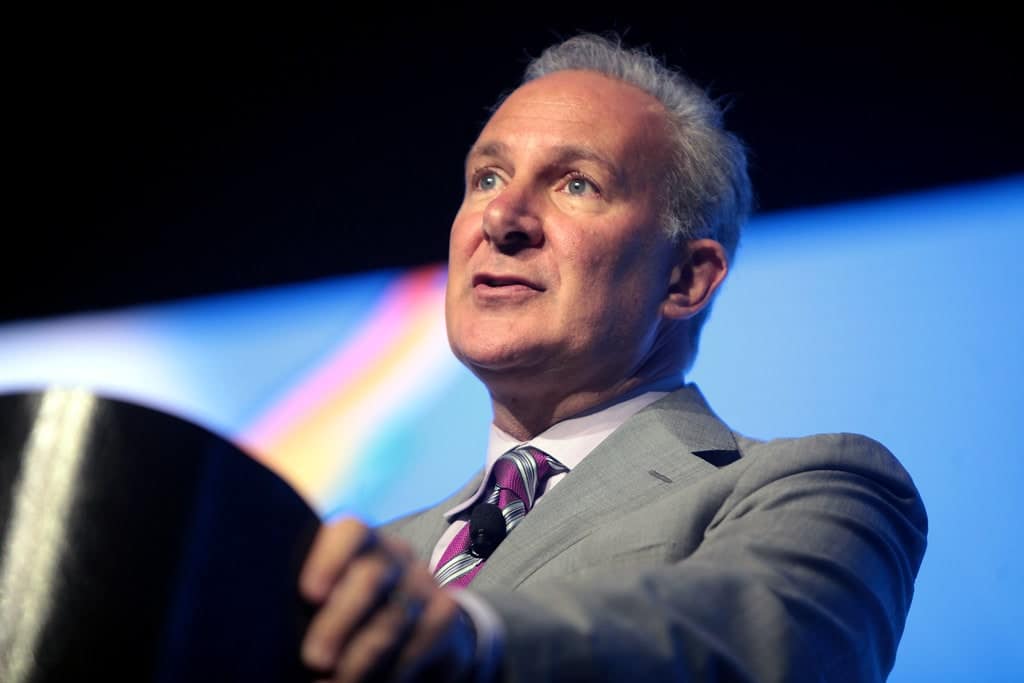Meta to Launch Retail Store for the Metaverse
As it eyes to transform itself into a metaverse leader, Facebook owner – Meta Platforms – is all set to launch its first physical store. The company’s CEO, Mark Zuckerberg, revealed that the brick-and-mortar “Meta Store” will open on May 9 at the company’s Burlingame campus in California. Here, customers can explore and purchase virtual reality headsets and other gadgets in a 1,550-square-foot retail place.
Brick-and-Mortar Store for Metaverse
According to Zuckerberg’s Facebook post, the store will also showcase demos for its Quest 2 VR headset, a virtual reality headset developed by Reality Labs, and video calling device Portal, in addition to smart glasses it produces with Ray-Ban. Except for those, shoppers can try out the devices to experiment with AR/VR and purchase them in the store or later online at Meta’s or Ray-Ban’s website.
The tech billionaire said,
“Meta’s first store is opening in Burlingame, California on May 9! You can experience Quest 2 and project what you’re experiencing onto a big wall for your friends. It’s a great way to see how our products connect people today and get a sense for what’s coming as we build towards the metaverse.”
Meta is trying new initiatives to meet the headwinds of an evolving digital landscape. The company had lost $10 billion on its Reality Labs segment managing the metaverse initiatives. Despite this, Zuckerberg intends to focus on the same and expects its ambitious metaverse project would take at least a decade or more to be fully developed.
Martin Gilliard, Head of Meta Store, commented,
“The Meta Store is going to help people make that connection to how our products can be the gateway to the metaverse in the future. We’re not selling the metaverse in our store, but hopefully, people will come in and walk out knowing a little bit more about how our products will help connect them to it.”
Ambitious and Expensive
Meta plans to help creators by allowing them to sell virtual items in its Metaverse. The company revealed earlier testing new tools for the creators on the virtual reality platform Horizon Worlds by allowing a handful of them to sell virtual assets within the worlds they build.
This could also include non-fungible tokens (NFTs). But a sizeable cut of up to 47.5% on the sale of digital assets, along with an additional 17.5% fee charged by Horizon, can very well deter the adoption of the metaverse project shepherded by the world’s biggest social media company.









